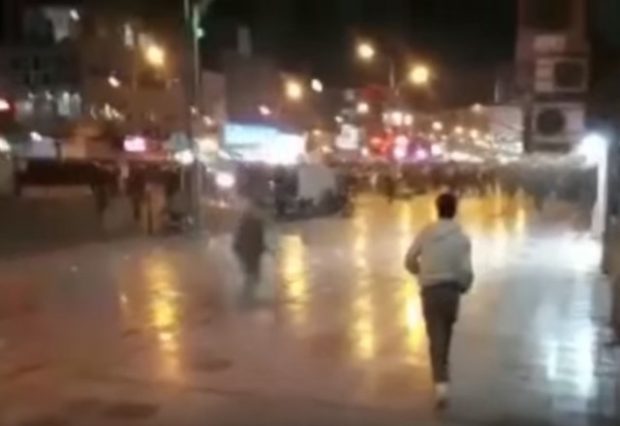Legal Insurrection


. . . "Shortly after the deal was announced, (and even before the nuclear sanctions were totally suspended,) the Times reported, “it seems that hard-liners, using the intelligence unit of the Revolutionary Guards Corps, have started rounding up journalists, activists, and cultural figures, as a warning that the post nuclear-deal period cannot lead to further relaxation or political demands.”
"In July 2016, (six months after implementation of the deal and the suspension of all nuclear-related sanctions), Reuters reported that “hardliners are gaining authority.” (The news item portrayed Rouhani as a moderate, at odds with the hardliners, a somewhat misleading portrayal.) Perhaps more important, Reuters noted, “Khamenei’s allies control the bulk of financial resources as well as the judiciary, the security forces, public broadcasters and the Guardian Council which vets laws and election candidates.”
"A month later The Wall Street Journal reported similarly, “For all his complaints about American treachery, Mr. Khamenei and his allies recognize that the nuclear deal has produced significant benefits for their hobbled theocracy and may serve to further entrench the regime brought to power in the 1979 revolution.”
"The recent protests in Iran attest to the division between the Iranian people and their increasingly repressive leadership – the protests have been quelled somewhat since the IRGC was called in to put them down – and yet, The New York Times and The Washington Post both argued in editorials that the best way to help Iran’s protesters is to keep the nuclear deal in place." . . .














